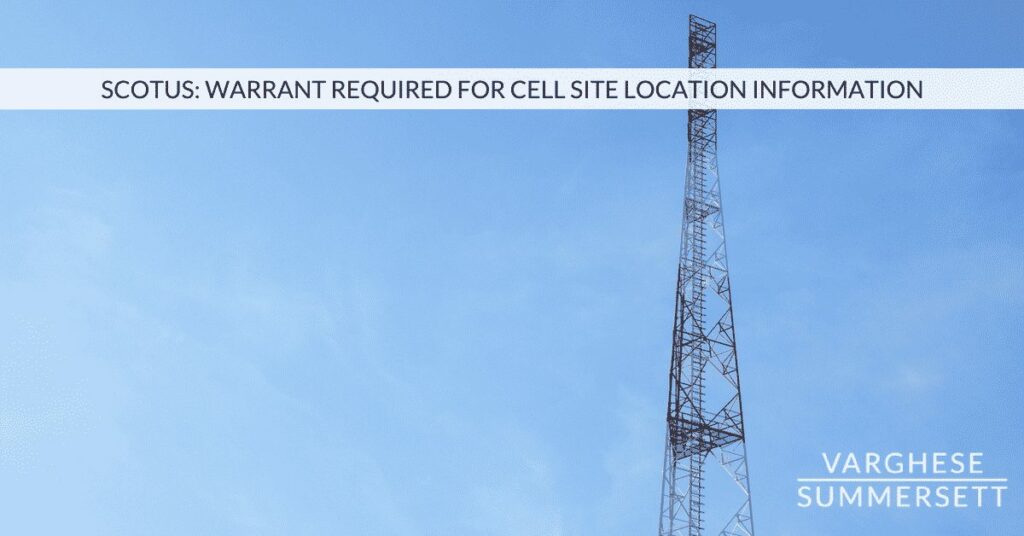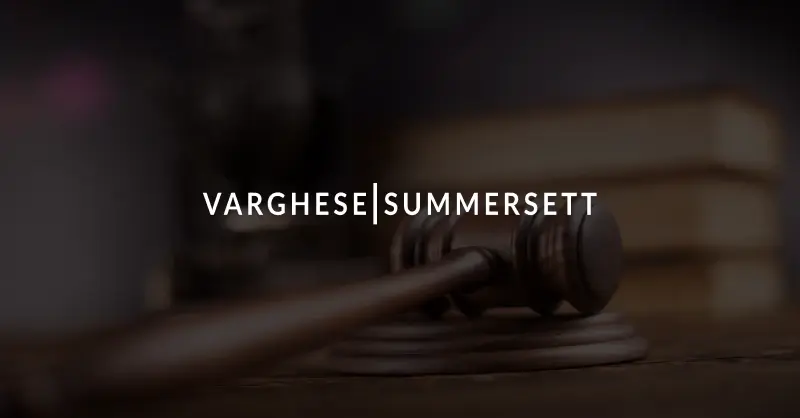Shadow Juries and Mock Trials
What are Shadow Juries? A shadow jury is made up of individuals who closely match the demographics and backgrounds of actual juries. Shadow jurors are paid to watch a trial and provide attorneys with feedback at the end of each day. Shadow jurors were famously used in the Texas criminal jury trial of Robert Durst. […]
Shadow Juries and Mock Trials Read More »

